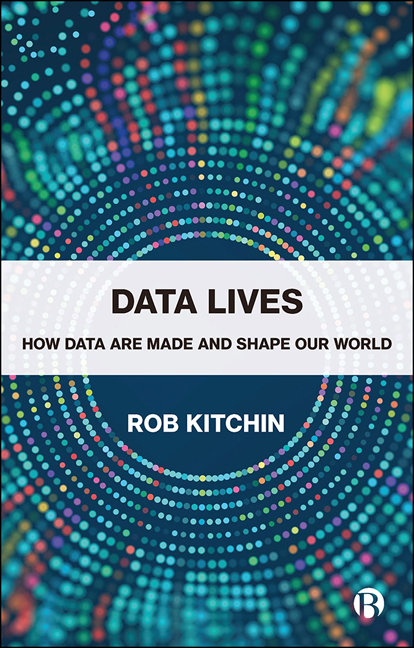7 - Harmonizing Data is Hard
Published online by Cambridge University Press: 05 January 2022
Summary
‘I’ve completed that audit on the census data.’
‘And?’
‘Of the 1161 SAPS variables in the Republic’s census about 32 per cent of them are directly comparable to those outputted in the North,’ says Justin Gleeson, a researcher on what was then named the ‘Cross-Border Regional Research Observatory’ (CBRRO) project. ‘Another 31 per cent can be partially matched with a bit of fiddling around. The other 37 per cent have no equivalent questions.’
‘So, we’ll be able to do something. There’s, what, 300 … 350 variables that match, plus the ones we can part match.’
‘Yeah, but the ones that match are all concentrated on certain topics and the part matching isn’t going to be straightforward. If the CSO or Northern Ireland Northern Ireland Statistics and Research Agency (NISRA) are prepared to disaggregate their data and re-aggregate into the other agency’s classes that would help, but I don’t think that’s likely to happen.’
‘But we could do some of that if we needed to?’
‘Yes, but only by merging classes together to create common ones. We’ll be losing detail.’
It’s 2005 and we’re discussing the possibility of creating an all-island census dataset, joining together data from the Irish and Northern Irish censuses. A joint project between Dundalk Institute of Technology and Maynooth University, the CBRRO had been funded by the Special EU Programmes Body (SEUPB) to scope out the potential for a data portal, including a suite of interactive data tools, which could provide an evidence base for planning, assessing and tracking cross-border initiatives.
In the wake of the Good Friday Agreement and the peace process in Northern Ireland, cooperation between public sector bodies in the North and South had increased enormously. A huge amount of funding was being invested by the Irish and British governments and the EU to support shared services, joint infrastructure and common development plans. However, there was a dearth of cross-border datasets to formulate policy and inform decision-making. Indeed, at the time, it was rare to see cross-border data visualizations or maps. And those that had been produced usually came with a warning about interpretation as some element had to be fudged in order to create them.
Information
- Type
- Chapter
- Information
- Data LivesHow Data Are Made and Shape our World, pp. 51 - 60Publisher: Bristol University PressPrint publication year: 2021
